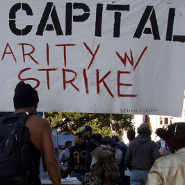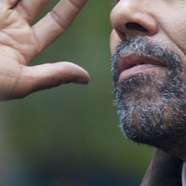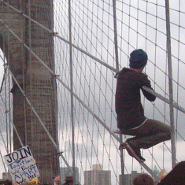
Occupy America
"Movements always arrive unexpectedly", according to philosopher and veteran activist Cinzia Arruzza — but once they arrive, what is to be done? Cinzia reconstructs the moments of fulmination behind the high points of Occupy Wall Street, outlining a cautious vision for propelling the movement onward.








